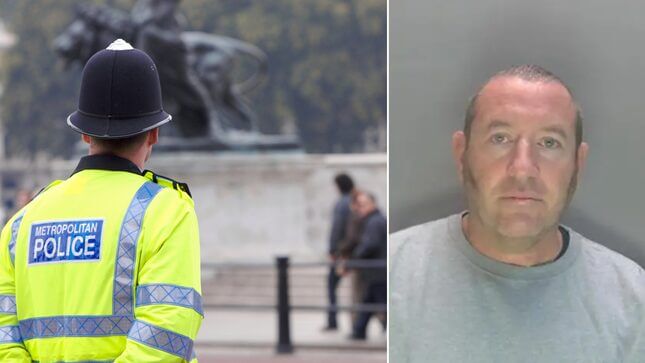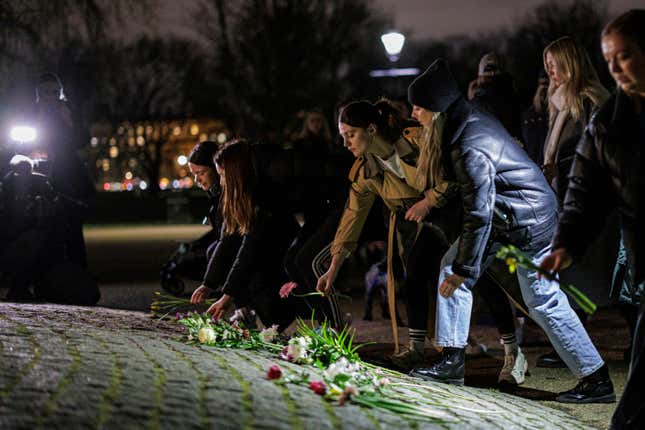London Cop Pleads Guilty to 24 Counts of Rape as Hundreds of Others Face Investigation
David Carrick reportedly used his status as a police officer to control and intimidate his victims.
EntertainmentEntertainment

A London police officer who on Monday pled guilty to four counts of rape—after pleading guilty to 20 other counts of rape in December—was removed from the force on Tuesday, after first being suspended in October 2021. The now-former cop, David Carrick, is among hundreds expected to be removed from the force amid a review into almost 2,000 cases of alleged sexual and domestic violence involving over 1,000 police officers and other staff in the last decade, the BBC reported. Carrick’s case is now part of an inquiry into the 2021 rape and murder of Sarah Everard by police officer Wayne Couzens, British Home Secretary Suella Braverman confirmed.
Carrick has admitted to the charges of rape against 12 women, as well as 25 other charges related to sexual assault. The Guardian reported that, according to prosecutors, he “exploited his status as a Met officer to put victims at ease then, as they tried to leave him, threatened that their claims against a serving officer would be disbelieved.” Authorities said he met some women on dating apps, and would “control what they wore, what they ate, where they slept and he even stopped some of them from speaking to their own children.”
Police reportedly received nine complaints and reports about Carrick between 2000 and 2021, including allegations of rape, domestic violence, and sexual harassment. In other words, it took over 20 years for an officer accused by several women to be removed from the police force.
-

-

-

-

-

-

-

-

-

-

-

-

-

-

-

-

-

-

-

-

-

-

-

-

-

-

-

-

-

-

-

-

-

-

-

-

-

-

-

-









































